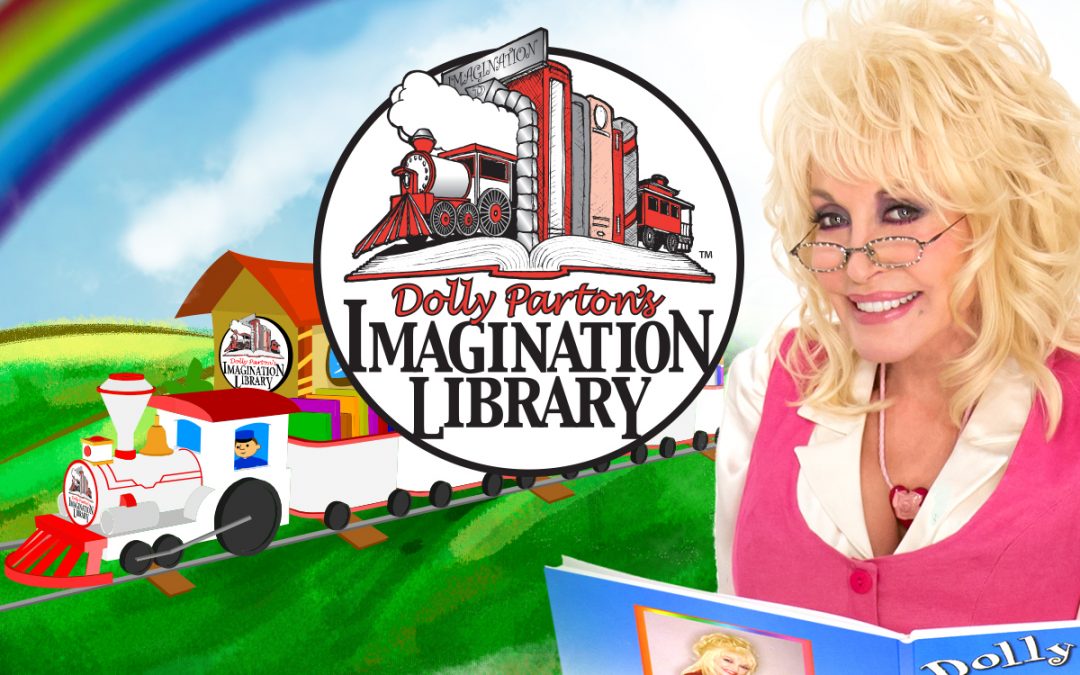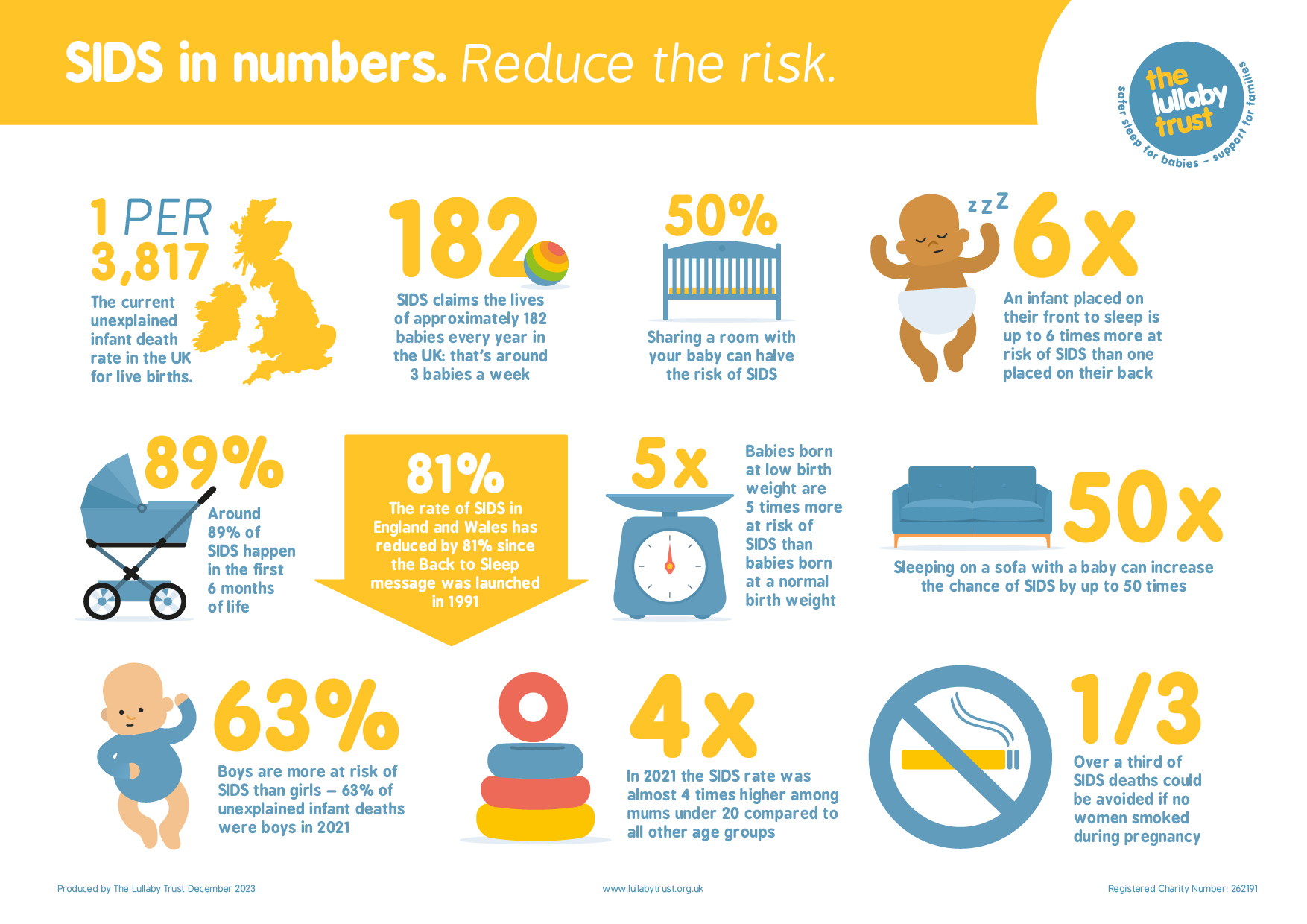According to Scientific American, as of 2023, approximately 60% of children were unable to read with proficiency, and 40% of these were essentially nonreaders. Language and literacy is one of the social determinants of health. Healthy People 2030 defines language as "the principle method of human communication, consisting of words used in a structure and conventional way and conveyed by speech, writing, or gesture." Literacy has components including oral literacy (listening and speaking skills), print literacy (writing and reading skills), numeracy (the ability to understand and work with numbers), and cultural and conceptual knowledge. Literacy is distinct from health literacy, which is the degree to which individuals understand and use health related information and searches. Research has shown that limited language and literacy skills are associated with lower educational attainment and worse health outcomes.
Reading to children is extremely important to early childhood development. According to the CDC, reading to young children has been shown to improve their language and literacy skills, and is linked to both better behavior and better health. It promotes healthy brain formation, while also increasing skills and vocabulary. In addition, it allows for bonding between the child and caregiver.
It has been shown that children who develop strong early literacy skills are more likely to succeed academically. These children exhibit higher levels of self confidence and actively engage in learning experiences. Strong health literacy early in life translates to improved health outcomes later in life.

Academic Pediatrics demonstrated the impact of
Reach Out and Read via peer reviewed study. This program focuses on supporting healthy early parent-child relationships through shared reading. It is a national family centric program in which medical providers, typically pediatricians, share guidance to caregivers about the importance of reading aloud. They discuss with the parents how to use these books and engage with the young children in the household. The study surrounding this program,
The Effect of Exposure to Reach Out and Read on Shared Reading Behaviors, showed that families who participated in this program were more likely to have books in their household and were more likely to read them to children multiple times a week. These young children displayed improved language development by three to six months.
The importance of this study's findings, and the importance of the program as a whole, is supported by a policy statement from the American Academy of Pediatrics (AAP), which states that positive childhood experiences, such as reading with a caregiver, can mitigate adverse childhood experiences that would otherwise lead to long-term chronic poor health and well-being. The AAP statement also advocates for a public health approach to this promotion of positive childhood experiences and sites Reach Out and Read as a model intervention.
Another intervention that has aimed to improve childhood literacy and family bonds is Dolly Parton's Imagination Library. Dolly Parton first launched this effort in 1995 to benefit the children of her home county in East Tennessee. It gave each child under the age of five a specially selected, high quality, age appropriate book each month, mailed directly to their home. Since 2000, more and more communities have adopted this program. As of 2004, Tennessee had state wide coverage. The program has since expanded internationally to Canada, the United Kingdom, and Australia.
Present day, Dolly Parton's Imagination Library sends over one million books to children each month. 1 in 7 children under the age of five in the Unite States currently receives Imagination Library books.
 |
| Dolly Parton's Imagination Library: How it Works |
The Imagination Library has been shown to improve kindergarten readiness and family literacy habits, especially for children living in high-poverty areas. In North Caroline, in which every child under the age of five now has access to the Imagination Library due to a 2017 expansion, 45% of families reported that without the program they would not have been able to purchase books. 




No comments:
Post a Comment